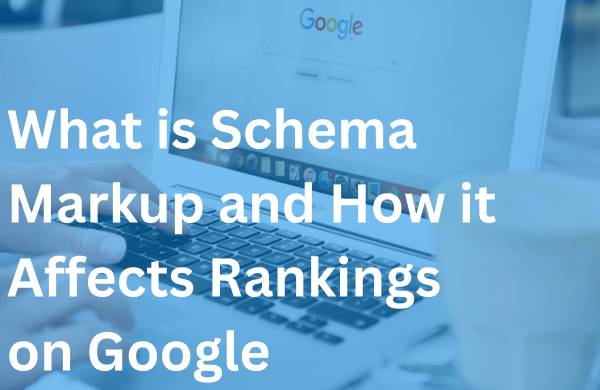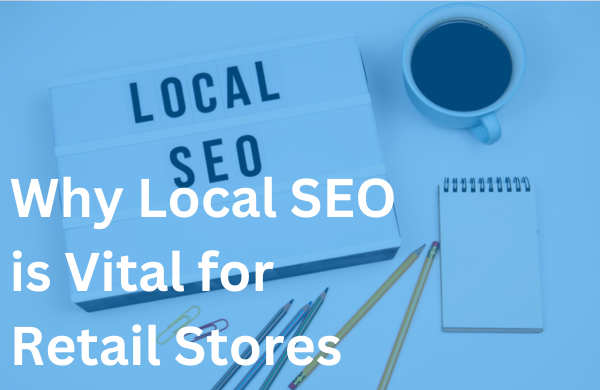PPC and SEO are both vital marketing strategies. Search engine optimization (SEO) involves using elements in your website that help it get noticed by search engines, thereby increasing your rankings. Pay-per-click (PPC) involves running an ad and paying a fee every time someone clicks on it.
Many companies wonder which is more beneficial: SEO versus PPC. PPC is a paid service that gets you quick but temporary results; while SEO is slow to build, it is more affordable, and results can last indefinitely.
An SEO pay-per-click marketing strategy effectively boosts online visibility and traffic, but there are some instances where PPC is preferred. This can vary depending on your campaign’s industry, product, business, and goal.
1. Launching a New Product or Service
PPC may be best if you are launching a new product or service. You can launch an ad that immediately gets the word out to customers. The product may potentially generate sales right away.
Additionally, it will provide quick data on customer interest so you can determine whether it’s a success or a flop and what you can improve to make it better.
With SEO, it will take a longer time to gain traction. Most experts say it takes at least 3 to 6 months to see noticeable results from SEO.
2. Time-Sensitive Promotions or Events
PPC is also the best vehicle for time-sensitive promotions and events. You may announce a sale ending soon or an upcoming event, such as a product launch or in-store holiday party. PPC will let your target audience know right away.
It’s more than speed that makes PPC the preferred choice for time-sensitive promotions and events. It also lets you choose settings to ensure your ad reaches a targeted audience. Your ad can reach people local to your business or located within your service area(s).
3. Targeting Highly Competitive Keywords
When considering PPC advertising vs. SEO, you must consider the difficulty of ranking organically for popular terms. SEO largely relies on keywords to get noticed by search engines and increase visibility.
But if you use search terms that several other companies in your industry use, you will directly compete against them for ranking. Newer companies have difficulty beating established companies when vying for search terms. You may also miss out if your website does not offer extremely high-quality content.
Companies may try using less popular keywords, but they may not appear in searches as often.
With PPC, it’s much easier to use competitive keywords. Most platforms provide tools that allow you to identify the keywords your competitors are bidding on and incorporate them into your campaign. In doing so, they provide insights into popular keywords and the keywords your competitors aren’t targeting so you can strengthen your SEO campaign.
Bidding on high-competition keywords offers various pros and cons. These keywords are more expensive but can expose you to larger audiences and help you get more qualified leads. On the other hand, if your landing page isn’t compelling enough, or you aren’t getting enough conversions for other reasons, you may produce a low ROI or even lose money.
4. Local Business Targeting
Local business marketing must also consider the SEO vs paid search debate. PPC is effective in geo-targeting because it can be set to reach audiences in specific regions. Keywords like ‘near me’ and ‘local’ and other location-specific keywords that include your town or city will also help you gain traction.
Here are some other strategies that will help you compete with local businesses through PPC:
- Leverage Location Extensions: This Google Ad tool allows you to add details about your physical location to your online ads, such as your address, phone number, directions, and a map. The strategy builds trust, encourages people to visit your location, and improves visibility on mobile devices.
- Optimize Landing Pages: Optimize your landing page to ensure it is cohesive with your ad message. Include content such as customer testimonials and local awards. Add your address, phone number, business hours, a map, and directions.
- Monitor and Adjust Bids: Monitor and adjust your bids to ensure you target high-performance keywords that drive traffic while eliminating spending on keywords that aren’t working.
- Use Ad Scheduling. Ad scheduling ensures your ad is visible during peak hours, allowing you to optimize your spending.
- Create Compelling Ad Copy: Ensure your ad copy engages your target audience. Mention local landmarks while advertising product benefits.
- Utilize Negative Keywords: Negative keywords are ads you don’t want users to use when searching for your product. For example, if you are advertising a luxury product, you don’t want to attract people who use words like ‘cheap’ or ‘affordable’ in their search queries. Add them to your negative keyword list to avoid paying for clicks from consumers who won’t convert.
- Experiment with Different Ad Formats: Try various ad formats, such as text, video, and images, to determine which engages your target consumers. You will gain valuable insights into what resonates with local audiences.
5. Testing New Markets or Audiences
Companies testing new markets and audiences may also prefer the speed of PPC over SEO investments. Organizations can quickly determine how various markets interact with their ad. They can also change who they are targeting if they are not getting the desired results from new demographics.
PPC prices vary wildly, but you can set your budget accordingly. Additionally, you can learn immediately if your ad reaches your target audience and change paths if necessary. Therefore, it is less risky and more cost-effective than SEO for reaching new audiences.
Made Your Decision?
PPC is a great choice for companies that need immediate results. It is ideal for time-sensitive promotions and events, new products, and targeting new audiences. It can also give you an edge when integrating highly competitive keywords and geo-targeted marketing.
However, it’s essential to strike a balance in your marketing efforts. PPC provides fast results, but they don’t last. Turning off your ads will immediately reduce the action you previously saw from Google Ads traffic channels. SEO offers a slow build but provides lasting results that enhance website visibility.
Brillity Digital will help you strike the ideal balance between SEO and PPC marketing. We will customize a plan that helps your company get ahead. Contact us when you’re ready to take your marketing to the next level!




